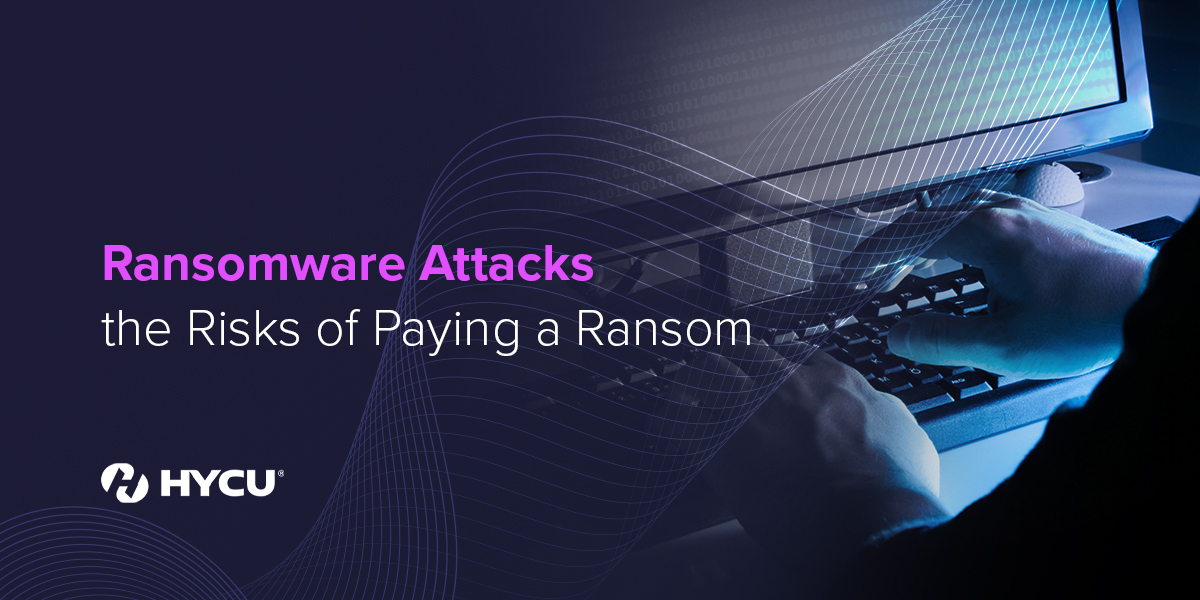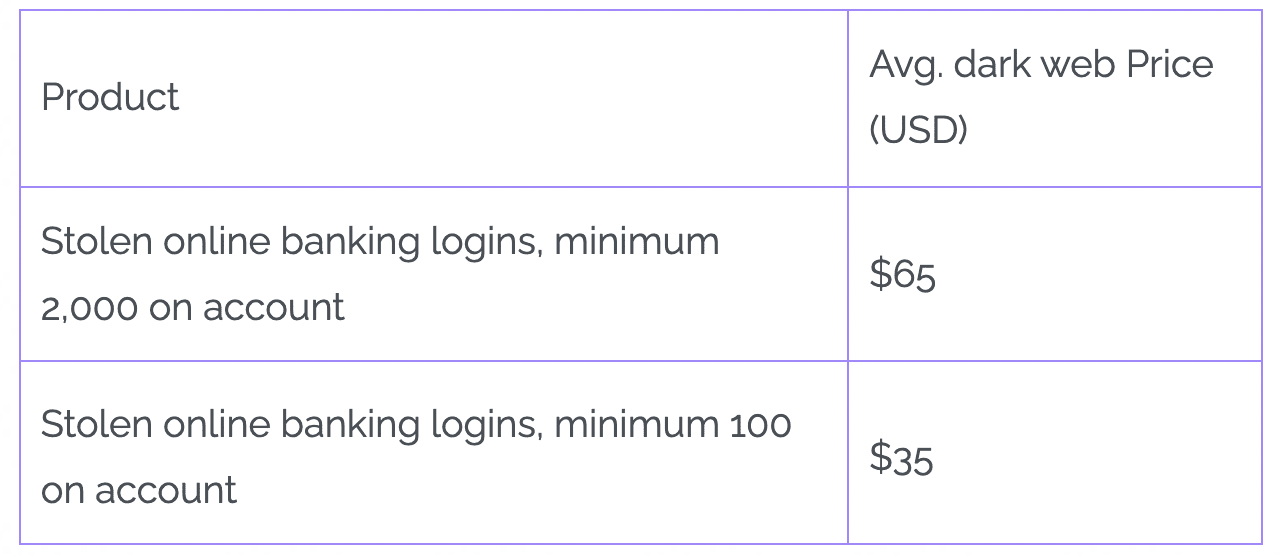There have been concerns about Russia’s capability to hack into our banks. With its sophisticated cyber capabilities, Russia has been accused of conducting cyberattacks on various targets worldwide. While there is no concrete evidence of Russia directly hacking into our banks, it is crucial to remain vigilant and take necessary precautions to protect our financial institutions. Banks must invest in robust cybersecurity measures, regularly update their systems, and educate employees about potential threats. Collaborative efforts between governments, intelligence agencies, and financial institutions are essential to combat cyber threats and ensure the security of our banking systems.
Is money in bank safe from hackers?

Updated: Oct 18, 2022
Cyber attacks on banks occur frequently, but it is important to note that most banks have robust security measures in place to protect against hackers. Therefore, the possibility of a cyber attack should not discourage you from utilizing a financial institution. However, in the unfortunate event that your funds are compromised, here are steps you can take to regain control of your account.
Is my money safe in the bank?
The FDIC, a federal government agency, insures bank accounts to protect your money in the event of a bank failure. This insurance covers accounts with $250,000 or less under the same owner(s). If you have more than $250,000 in one bank or multiple accounts with the same owner(s), only up to $250,000 is insured. The FDIC insurance is funded by banks, not taxes or congressional funding. You can contact your bank to confirm your coverage.
To check the FDIC protection for your accounts, you can visit the Electronic Deposit Insurance Estimator website or call the FDIC Call Center at 877-275-3342 (877-ASKFDIC). For the hearing impaired, call 800-877-8339.
Credit union accounts are insured in a similar way by the NCUA (National Credit Union Association). You can use their web tool to verify the insurance for your credit union account.
How come banks don t get hacked?

From my research, it seems that if someone with enough skill really wants to gain access to a system, there is nothing stopping them. It is also easier to access a company computer than a personal one.
However, I am confused about what prevents someone from stalking bank employees, gathering information on them, and then gaining access to their system. Financial fields often have security vulnerabilities, so what is stopping someone from causing chaos in a bank’s system?
I have heard that some banks have poor security methods in place, which makes me believe that this is not the first time a bank’s data has been stolen or modified.
Do banks not care about these incidents because the damages are small? Or is it impossible to break into a bank’s system and destroy data?
In summary, banks do get hacked, but they have measures in place to trace the perpetrators, continue operations if a subsystem fails, and suppress reports of incidents. The damages are usually small compared to their total budget.
Should you pay hackers?

When businesses consider paying ransom to cybercriminals, they want assurance that their files will be decrypted upon payment. The main reason for considering such payments is to recover valuable information.
Cybercriminals are motivated to release encryption keys because it ensures that organizations will continue to pay. If hackers gain a reputation for not returning data, businesses will lose hope of recovering their files and will be less likely to comply with future demands. The trust organizations have in the hackers’ promise to return the data is what drives them to pay.
However, despite the hackers’ claims, there is no guarantee that they will actually return the data after receiving the ransom payment. A study on the outcomes of companies affected by ransomware attacks found that only 60% of businesses regained data access after paying the initial ransom. Additionally, 32% paid multiple ransoms before retrieving their data, while 8% never recovered their stolen information. The risk of permanently losing data may seem small, but the consequences can be devastating.
Furthermore, paying the initial ransom may not resolve the issue entirely. If a business decides to comply with the ransom request, the hacker may demand more money. Even if the hacker provides the encryption keys promptly, it can still take weeks or months for the organization to restore its encrypted information. Consequently, paying the ransom leads to prolonged downtime and financial loss.
Can a hacker steal my money?

Bank account identity theft occurs when someone uses your personal and financial information without your knowledge or consent. However, it’s important to note that a scammer cannot steal your identity with just your bank account number. They typically need additional details to initiate the identity theft process.
In 2021, bank fraud ranked as the fifth most common type of identity theft, according to the FTC. For example, a Michigan man discovered that his bank account had been compromised when he noticed a significant amount of money missing. It turned out that a scammer had used his bank account information to open two new accounts with a slightly altered spelling of his last name and a different phone number.
Scammers can steal your identity using your bank account numbers by gaining access to your personally identifiable information (PII) through phishing attacks, data breaches, or other scams. Once they have this information, they can access your bank account and steal your money.
To protect yourself from identity theft, be vigilant for warning signs such as strange or unrecognized transactions on your bank account statements or credit report, new credit cards or loans in your name, calls, emails, or letters from unfamiliar creditors, lenders, or banks, a sudden drop in your credit score, and unfamiliar bills or packages arriving at your home.
It’s a good idea to monitor your credit for signs of fraud. Aura’s credit monitoring feature can alert you in near real-time if anyone tries to open new accounts in your name or use your personal information to steal your money. Learn more about how Aura helps keep your credit and money safe.< h2>What is the safest bank right now?
| Bank | Assets |
|---|---|
|
JP Morgan Chase |
$3.2 trillion |
|
Bank of America |
$2.42 trillion |
|
Citi |
$1.77 trillion |
|
Wells Fargo |
$1.72 trillion |
|
U.S. Bank |
$585 billion |
Conclusion
Conclusion:
In conclusion, while no system is completely immune to hacking, banks have implemented robust security measures to protect their customers’ money. The combination of advanced encryption techniques, multi-factor authentication, and constant monitoring helps to safeguard against unauthorized access and fraudulent activities. Additionally, banks regularly update their security systems to stay ahead of evolving cyber threats.
While it is true that hackers have successfully breached some banks in the past, these incidents are relatively rare and often result in minimal financial losses for customers. Banks have sophisticated fraud detection systems in place to quickly identify and mitigate any suspicious activities, ensuring that customers are reimbursed for any unauthorized transactions.
It is important to note that the responsibility for securing personal financial information does not solely lie with the banks. Customers also play a crucial role in protecting their money by practicing good cybersecurity habits. This includes regularly updating passwords, being cautious of phishing attempts, and monitoring account activity for any signs of unauthorized access.
While the possibility of a hacker stealing money from a bank account exists, it is highly unlikely due to the multiple layers of security in place. Banks invest significant resources in protecting their customers’ funds and have a vested interest in maintaining their reputation and trustworthiness.
Lastly, paying hackers should never be considered as a viable option. Not only does it encourage criminal behavior, but it also provides no guarantee that the stolen funds will be returned. Instead, individuals should report any suspicious activities to their bank immediately, allowing the institution to take appropriate action and protect their customers.
In conclusion, while no system can claim to be completely impervious to hacking, banks have implemented robust security measures to protect their customers’ money. By staying vigilant and working together with banks to maintain good cybersecurity practices, individuals can have confidence in the safety of their money within the banking system.
Sources Link
https://security.stackexchange.com/questions/45112/why-dont-banks-get-hacked
https://www.finder.com/bank-account-is-hacked
https://money.slickdeals.net/articles/safest-banks-in-the-us/
https://www.aura.com/learn/what-can-someone-do-with-your-bank-account-number
https://www.hycu.com/blog/ransomware-attacks-dont-pay-the-ransom
You are watching: can russia hack our banks
